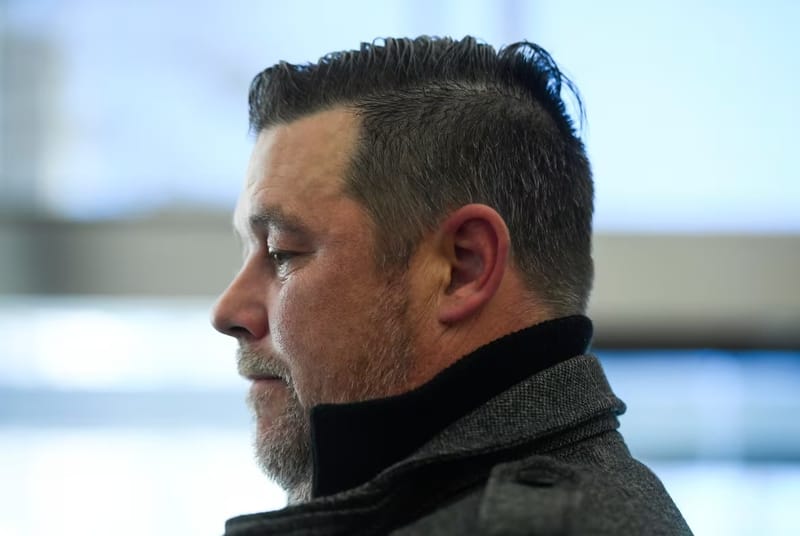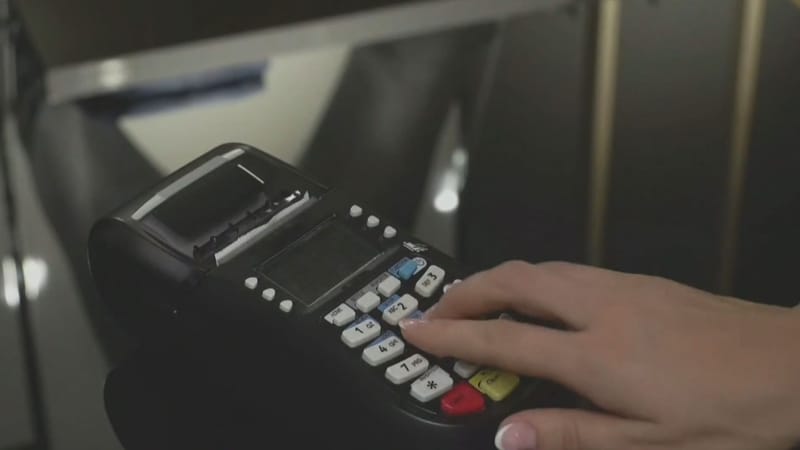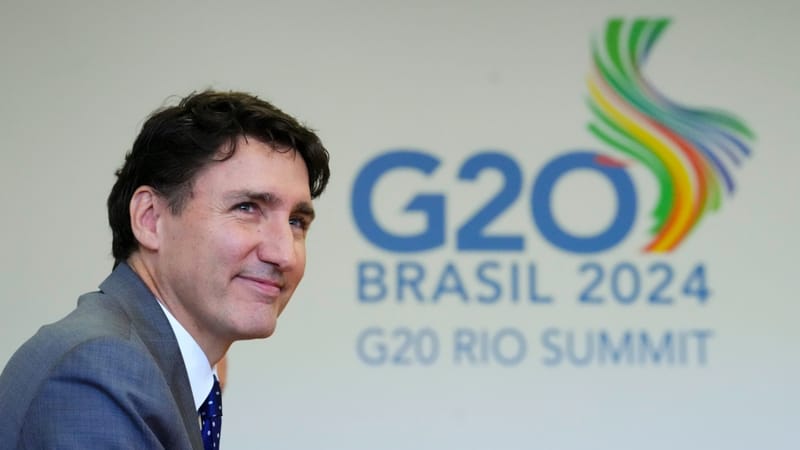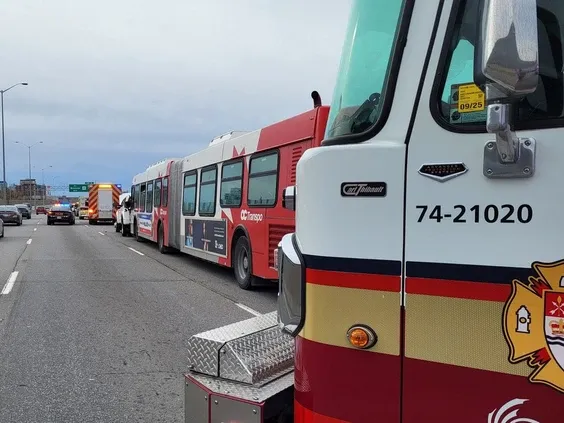Canadian man says Algeria punished his activism by arresting his son
Ammar Lakehal is disappointed Justin Trudeau has refused to help
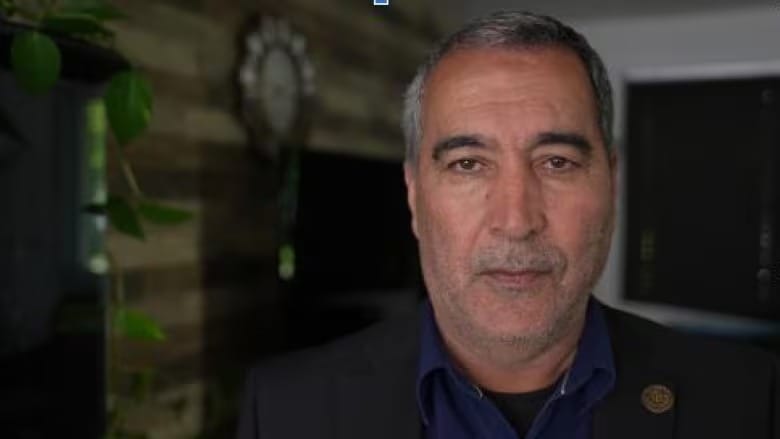
A Montreal man claims that Algerian authorities have imprisoned his son in retaliation for his political activism in Canada, while the Canadian government has yet to intervene.
Ammar Lakehal told Radio-Canada that his son, Massinissa, who is not a Canadian citizen, has been detained since July 27. This is believed to be linked to Lakehal's involvement in a political group banned in Algeria.
Lakehal is among a growing number of Canadian citizens of Kabyle origin who report being targeted by Algerian authorities. Kabylia is a Berber-speaking region in Algeria, home to people with a distinct language and culture. Some Kabyles, including Lakehal, support the idea of creating an independent state.
According to Statistics Canada, more than 37,000 people in Canada speak Kabyle.
Radio-Canada learned that the Royal Canadian Mounted Police (RCMP) has launched an investigation into complaints from citizens of Kabyle origin who allege they have been intimidated by Algerian authorities. The RCMP said, "we cannot confirm or deny the existence of a criminal investigation before the laying of criminal charges" in response to an information request.
This investigation, led by the Integrated National Security Enforcement Team, follows a Radio-Canada/CBC report in June that revealed surveillance and intimidation of this community in Canada.
Lakehal accuses the Algerian authorities of using his son’s arrest to silence his activism in Canada.
"Arrested for being my son"
A few days before his arrest, the 35-year-old Massinissa called his father from Algeria, mentioning a circulating rumor.
"It’s hard to hear your child say, ‘Dad, I’m going to be arrested soon and I know I’ll be tortured,’” Lakehal recalled.
“He was arrested for being my son,” he said.
Lakehal has been a longtime advocate for the Movement for the Self-Determination of Kabylia (MAK) and served as the group's president of coordination for North America from 2018 to 2023. He participated in protests in Canada and the U.S. calling for the release of political prisoners in Algeria.
The Algerian government labeled the MAK a terrorist group in 2021, and those associated with it risk imprisonment.
Neither Canada nor the U.S. recognizes MAK as a terrorist organization. In 2022, the U.S. State Department noted that Algeria’s classification of the MAK appeared to be more political than security-driven, highlighting that the group is highly critical of the Algerian government.

Father, not son, is the target
Massinissa is charged with promoting terrorist acts and sharing online messages considered against Algeria’s national interests. According to Lakehal, his son supports the independence movement, like many Kabyles, and has spoken out against the jailing of political prisoners, but he is not a member of the MAK.
Sources in Algeria confirmed to Radio-Canada that Massinissa’s arrest was primarily due to his father's activism.
"Do these judges have children? Do they have hearts? Do they have families?" Lakehal asked. "How can someone be imprisoned for peaceful ideas, or because they are someone’s child? What’s happening in that country is terrifying."
The Algerian Embassy in Ottawa, the Algerian Consulate in Montreal, and Algeria’s Ministry of Foreign Affairs did not respond to Radio-Canada’s requests for comment.
Amnesty International condemned human rights abuses in Algeria ahead of last week’s presidential election, where incumbent Abdelmadjid Tebboune secured 94 percent of the vote.
"Algerian authorities have continued their brutal crackdown on human rights, including the freedoms of expression, peaceful assembly, and association in the run-up to the presidential elections," Amnesty International said.
"They continue to use unfounded terrorism charges to suppress peaceful dissent," the organization added.
Trudeau fails to intervene
Global Affairs Canada acknowledged awareness of Lakehal’s case but did not indicate whether Canada would intervene with Algerian authorities. They emphasized that Canada maintains longstanding bilateral relations with Algeria, which enables discussions on important matters, including human rights.
After Algerian authorities ignored Lakehal’s letter asking to speak with his son and condemning the arrest, he wrote to Prime Minister Justin Trudeau on August 13.
“I am writing to ask you to intervene with the Algerian authorities to stop this injustice and to allow me, as a father, to communicate with my son,” Lakehal pleaded.
The response from Trudeau’s office left him disheartened. The spokesperson explained that since his son is not a Canadian citizen, Trudeau could not intervene in a matter concerning the administration of a foreign country’s citizens.
The response “strikes me as false,” commented Phil Gurski, a former senior strategic analyst at the Canadian Security Intelligence Service (CSIS). He argued that the Canadian government has a responsibility to assist Lakehal and his son.
Gurski pointed out that Canada regularly intervenes on behalf of foreign nationals, such as refugees. He views Lakehal’s situation as part of a broader trend where authoritarian governments target their diaspora in Canada. Gurski, a digital fellow at the Montreal Institute for Genocide and Human Rights Studies at Concordia University, plans to release a report on transnational repression in Canada this fall.
“The Trudeau government is not doing enough to protect Canadians from the threats and harassment of foreign governments,” Gurski said.
“We saw it with Chinese interference. The government knew but did nothing,” he continued. “Perhaps they are reluctant to confront certain regimes for fear of damaging diplomatic or trade relations.”
Meanwhile, Lakehal has yet to speak to his son since the arrest nearly a month and a half ago.
“I just want to hear his voice,” he said tearfully.


